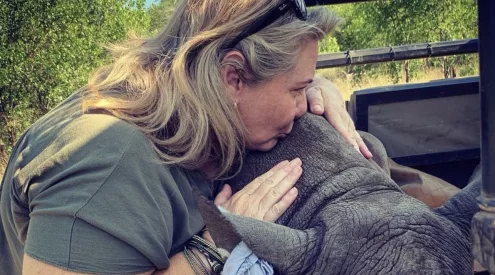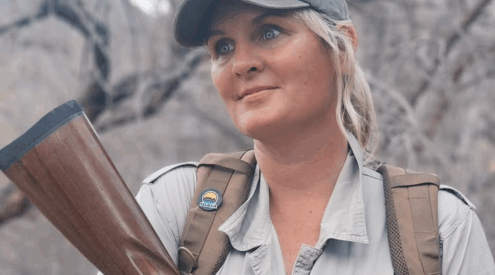
Image: Freepik
South Africans planning domestic getaways are being urged to exercise extreme caution when booking accommodation through social media platforms and online classifieds, as sophisticated scams see an alarming rise.
ALSO READ: A first timer’s guide to visiting the Kruger National Park
The stark warning comes directly from the national chairperson of the Federated Hospitality Association of South Africa (FEDHASA), Rosemary Anderson, speaking in an exclusive interview with My Broadband.
Anderson’s caution highlights a dark side to the surge in local tourism revealed by Statistics South Africa, which reported a robust 14.1% year-on-year increase in local accommodation income for Q1 2025.
She told My Broadband that this upswing, particularly during peak seasons and long weekends, has created fertile ground for criminals targeting unsuspecting holidaymakers.
“Unfortunately, accommodation scams are a growing concern in South Africa, particularly as more consumers turn to online platforms for travel planning,” Anderson stated.
She pinpointed unregulated or semi-regulated platforms – specifically Facebook (including Marketplace and groups), WhatsApp, and classifieds like Gumtree – as hotspots where these scams “flourish.”
While dedicated booking platforms like Airbnb and Booking.com offer better safeguards and potential refunds, Anderson noted they are “not immune,” with scammers occasionally creating fake listings or impersonating legitimate hosts.
Detailing the threat, Anderson explained fraudsters are employing increasingly sophisticated methods. Key trends include:
- Fake websites & cloned pages: Mimicking well-known hotels or travel agencies using convincing online facades.
- Business hijacking: Using legitimate business names but creating false contact details to intercept bookings.
- ‘Relocation’ scams: Guests are told last-minute their original booking is unavailable and redirected to a non-existent or substandard property.
- AI-generated imagery: Making fake listings harder to identify visually at a glance.
Anderson provided My Broadband with clear, practical advice for travellers to avoid falling victim:
- Verify: Verify the legitimacy of listings by checking reviews, researching the property name independently, and ensuring the communication happens through the official platform.
- Avoid direct payments: Avoid direct payments via EFT or cash deposits unless dealing with a well-known and reputable business. Peer-to-peer payment requests outside of the official platform channels are often a red flag.
- Spot red flags: Beware offers that seem ‘too good to be true,’ providers pressuring you to pay quickly, or hosts refusing to speak over the phone or via video call.
- Use protected platforms: Use platforms with buyer protection policies, and avoid off-platform interactions.
- Check credentials: Check with tourism or hospitality associations like FEDHASA to see if the business is a registered or credible entity.
“As the industry pushes for more digitisation and online convenience, it’s critical that consumers are equipped with basic digital literacy to spot red flags,” says Anderson.
Follow us on social media for more travel news, inspiration, and guides. You can also tag us to be featured.
TikTok | Instagram | Facebook | Twitter
ALSO READ: Massive glacier collapses and destroys Swiss village















